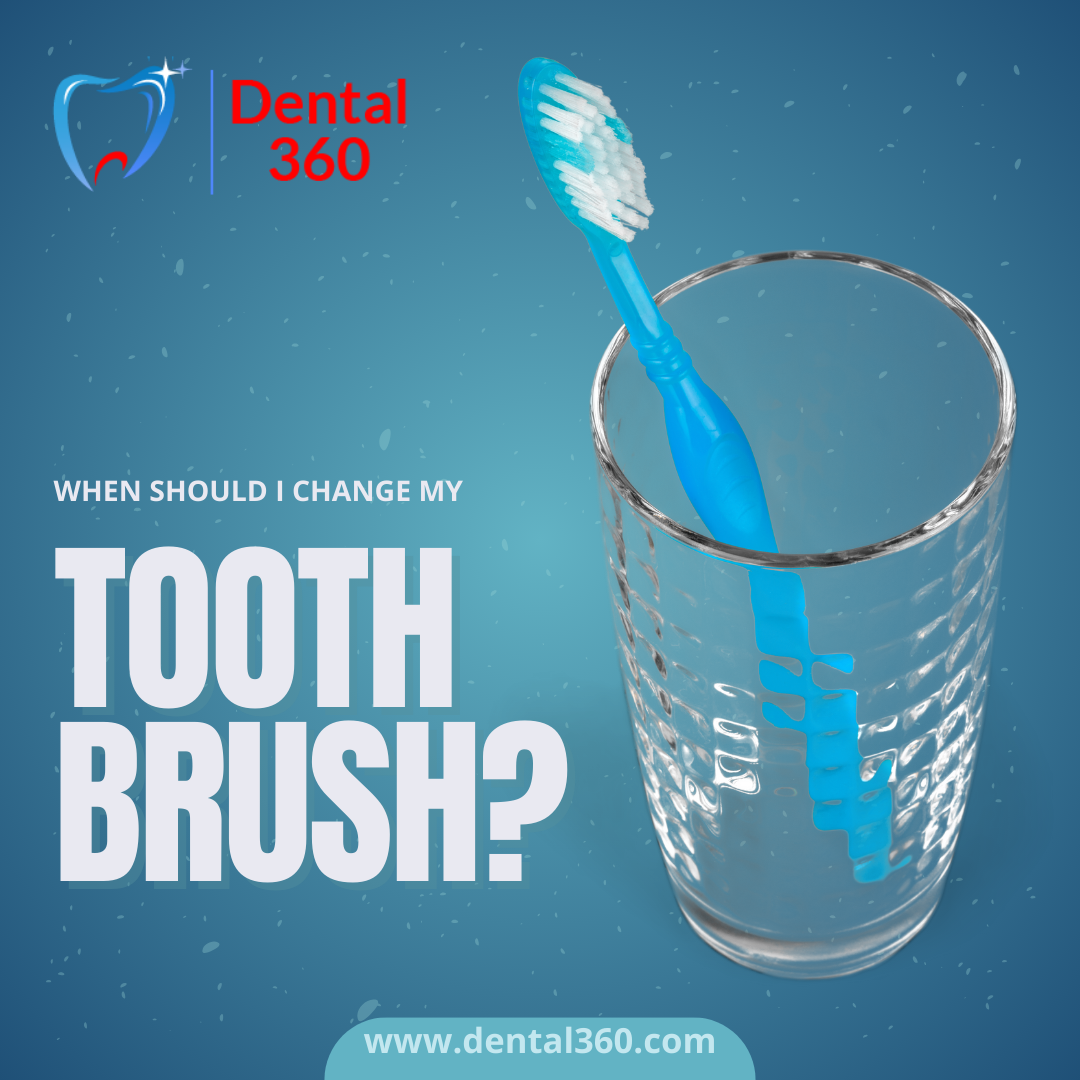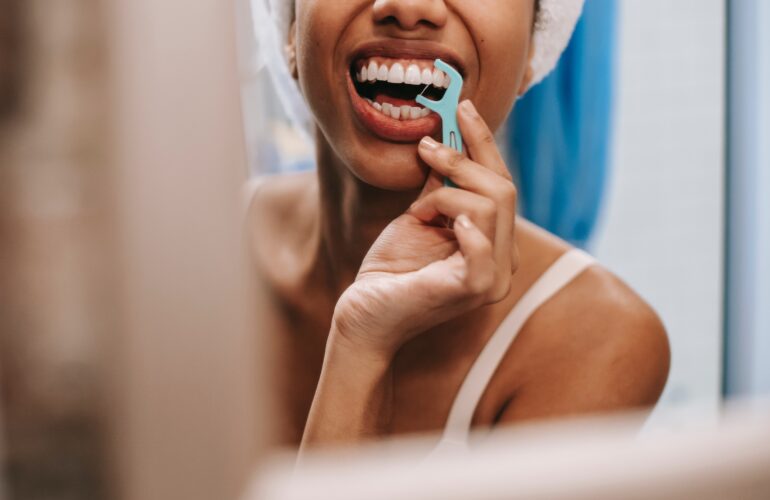A very common dilemma faced by everyone is the hundred dollar question: “When to change our toothbrush?”. Maintaining proper oral hygiene is crucial for a healthy smile and a clean toothbrush is an essential part of this. But how often should you really replace it? In this blog post, we’ll delve into the importance of changing your toothbrush, the signs that indicate it’s time for a replacement, and tips for maintaining excellent oral health.
The American Dental Association (ADA) recommends replacing your toothbrush or toothbrush head every 3 to 4 months, or sooner if you notice the bristles are frayed or damaged. Here are some additional guidelines for when to change your toothbrush:
1. Every 3-4 months: As mentioned, this is the general guideline. Toothbrushes can wear out over time, and frayed bristles are less effective at cleaning your teeth and gums.
2. After illness: If you’ve been sick, particularly with an infectious illness like a cold or flu, it’s a good idea to replace your toothbrush or toothbrush head to avoid reinfecting yourself.
3. When the bristles show signs of wear: Check your toothbrush regularly for signs of wear, such as frayed or splayed bristles. When they no longer stand straight, it’s time for a replacement.
4. After a dental procedure: If you’ve had oral surgery or a dental procedure, your dentist may recommend changing your toothbrush to reduce the risk of infection or irritation.
5. If you have a compromised immune system: People with weakened immune systems may be more susceptible to infections, so it’s a good practice to change your toothbrush more frequently to minimize the risk.
6. When switching to a new brush head (for electric toothbrushes): If you use an electric toothbrush with replaceable heads, follow the manufacturer’s recommendations for replacement intervals. Typically, this is every 3 months.
Proper toothbrush care is also essential to maintain good oral health. Rinse your toothbrush thoroughly with tap water after each use, store it in an upright position to allow it to air dry, and avoid sharing it with others to prevent the spread of germs. By following these guidelines, you can ensure that your toothbrush is effective at keeping your teeth and gums healthy.
Also, don’t forget to schedule regular dental check-ups to complement your at-home oral care routine. The experts at Dental360 can provide personalized recommendations for your dental health needs.




